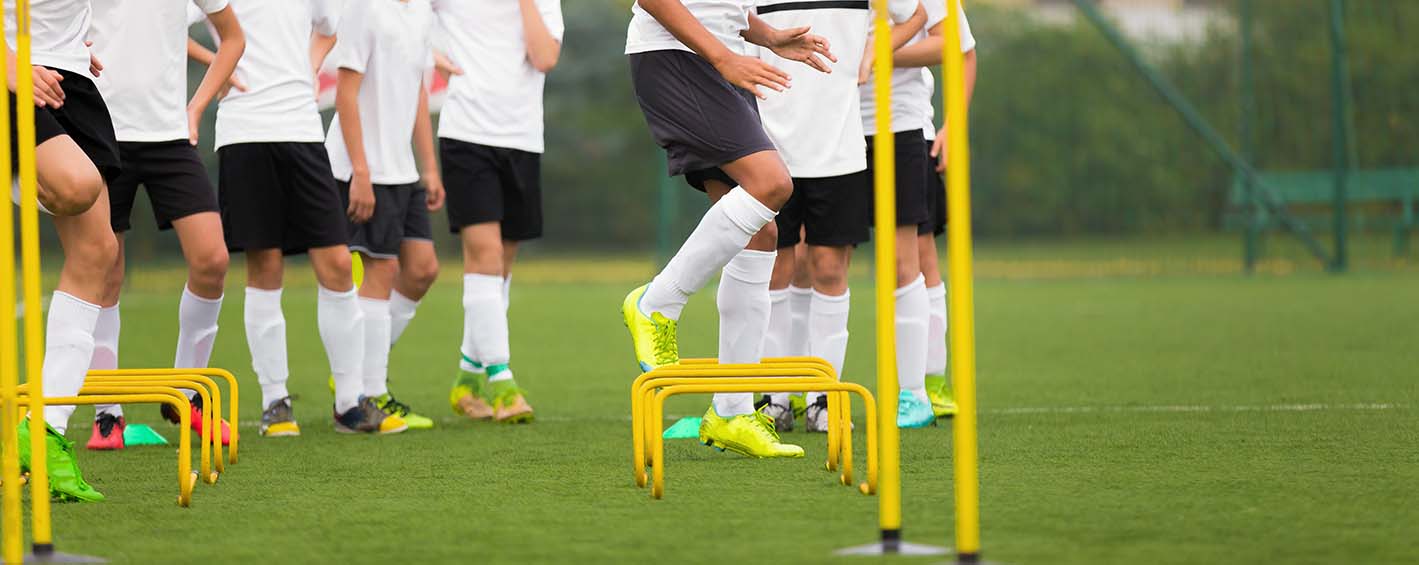Share it
Coaches should prioritize the process over winning for several compelling reasons. Rather than fixating on short-term victories, coaches can help young players build a strong foundation of skills, sportsmanship, and a genuine love for the game.

How often do we celebrate winning in its naked form rather than look at how we won – or how we lost. Two games at the weekend – my boys won a cup game easily generally by being better developed players than the team we beat, I was pleased with how the midfield ran the game. My other result was my girls team losing 3-2 – this was my favourite game. They were outstanding in how they played and were elated at the end despite the score. They created an abundance of chances against a team that had easily beaten them last season.
So from that microcosm of the season my conclusion is that coaches should prioritize the process over winning or promotion for several compelling reasons. Rather than fixating on short-term victories, coaches can help young players build a strong foundation of skills, sportsmanship, and a genuine love for the game. This approach ensures that players not only perform well in the moment but also continue to grow as athletes and individuals.
This creates a healthier and less stressful environment for young players. When the emphasis is solely on winning, it can lead to undue pressure, stress, and even burnout among children. In contrast, a process-oriented approach allows players to learn from their mistakes, enjoy the journey, and develop a growth mindset, which is invaluable both on and off the field.
Furthermore, the process-oriented coaching philosophy aligns with the long-term goals of youth soccer programs. While immediate victories may provide temporary satisfaction, they often come at the expense of long-term player development. In contrast, a focus on the process ensures that young athletes are better prepared for success at higher levels of play, where the emphasis on continuous improvement is even more critical.
Prioritizing the process in youth soccer coaching is essential for nurturing well-rounded players who not only achieve success but also enjoy the journey, develop resilience, and build a strong foundation for their future endeavors in soccer and beyond.
10 steps to push development over winning
Prioritizing player development over a winning culture in sports is a noble and effective approach to foster long-term success. Here are ten steps to help achieve this goal:
- Set Clear Objectives: Define your coaching philosophy and objectives upfront, emphasizing player development, skill improvement, and personal growth rather than just winning matches.
- Individual Development Plans: Create individualized development plans for each player, identifying their strengths, weaknesses, and areas for improvement. Tailor training sessions to address these specific needs.
- Positive Feedback: Focus on constructive feedback and positive reinforcement. Encourage players to learn from mistakes rather than dwelling on errors. Celebrate effort and improvement.
- Equal Playing Time: Ensure that all players have the opportunity to participate and contribute to the team's success. Avoid favoritism and prioritize equal playing time, especially at the youth level.
- Skill Progression: Implement a skill progression plan, gradually introducing more complex techniques as players develop. Build a strong foundation before moving on to advanced tactics.
- Long-Term Development: Emphasize long-term development over short-term results. Understand that player growth may involve setbacks, but these are valuable learning experiences.
- Character Building: Instill values such as sportsmanship, teamwork, and resilience. Encourage players to respect opponents and officials, even in the heat of competition.
- Coach Education: Continuously educate yourself and your coaching staff on the latest trends in player development and coaching methodologies. Attend workshops, seminars, and conferences.
- Parent Communication: Keep parents informed about your coaching philosophy and the importance of player development. Address their concerns and emphasize the long-term benefits of your approach.
- Evaluate Success Differently: Rethink how you measure success. Instead of solely focusing on wins and losses, consider assessing progress in terms of individual player growth, skill improvement, and team cohesion.
Remember that prioritizing player development over a winning culture not only produces better athletes but also nurtures well-rounded individuals who are more likely to have a lifelong love for the sport. Over time, this approach often leads to improved team performance as players become more skilled, confident, and committed to the game.